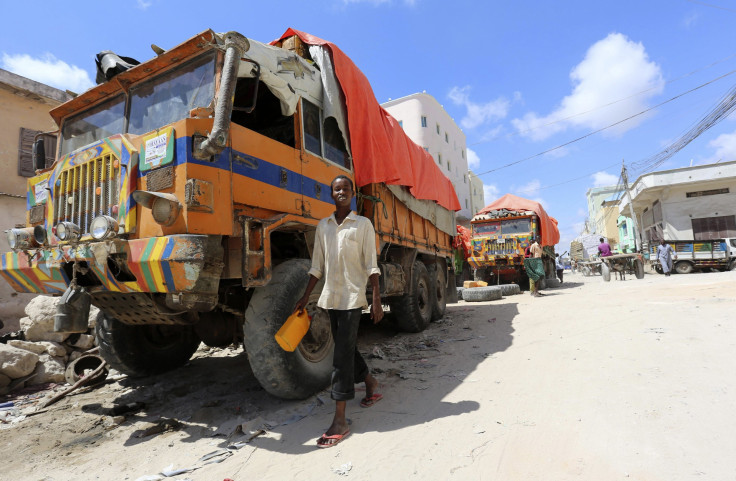African Leaders To Sign Free Trade Agreement To Create Common Market

Leaders of 26 African countries gathered in Egypt on Wednesday to finalize and sign a free trade agreement that would create a common market across Africa. The Tripartite Free Trade Area (TFTA) is set to stretch over half of the continent and include more than 600 million people.
The issue of boosting regional trade between Africa’s nations has remained in discussions since the end of colonialism, but moving goods between borders has been a challenge due to the continent’s inadequate infrastructure. Currently, only 12 percent of Africa’s trade is between its countries.
The agreement will be signed Wednesday at the summit hosted by Egyptian President Abdel Fattah al-Sisi. “Tomorrow we complete the formalities. The text of the treaty is ready; the Sharm El-Sheikh Declaration is ready,” Egyptian Minister of Industry and Trade Mounir Fakhri Abdel Nour told Agence France-Presse (AFP).
The deal will envelop the existing regional blocs -- the East African Community, the Southern African Development Community and the Common Market for Eastern and South Africa (COMESA), which have a combined GDP of over $1 trillion. The three blocs will alternate the leadership of the new combined body, which hopes to form a unified continental customs union by 2019.
The common market under the agreement includes some of Africa’s wealthiest nations like Egypt and South Africa as well as some of its poorest such as Burundi and Mozambique.
Significantly, Nigeria, the country with Africa’s highest population and GDP, is not party to the deal.
The accord is expected to smooth the flow of goods across borders and reduce customs fees by over 50 percent. The African Union predicts that the TFTA would increase the intra-African trade by up to 25 percent over the coming decade.
"I think Africa will surprise the world," African Union Trade Commissioner Fatima Haram Acyl had said last week at the World Economic Summit for Africa. "We're going to have our continental free trade area."
A 2013 report from the United Nations Conference on Trade and Development found that intra-African trade was hampered by lack of regional integration, causing it to lag behind other regions like Asia and Europe.
"If African governments want to achieve their objective of boosting intra-African trade, they have to create more space for the private sector to play an active role in the integration process," the report said.
The deal has been praised by the business community and officials from existing trade blocs. "What we have realized is that having one trade regime is better than the costly multiple trade regimes," COMESA Secretary General Sindiso Ngwenya said, according to AFP.
Trade minister Abdel Nour said that the TFTA would have knock-on effects on the entire region, boosting competition and attracting investment that would help improve infrastructure and production capabilities. "Egypt itself expects to export about $5 billion worth of goods over the next five years" to the various TFTA countries, he told AFP.
© Copyright IBTimes 2024. All rights reserved.



















